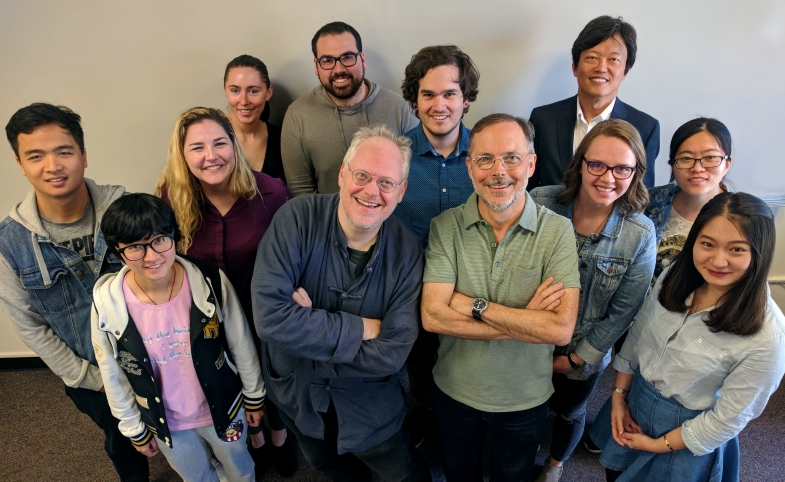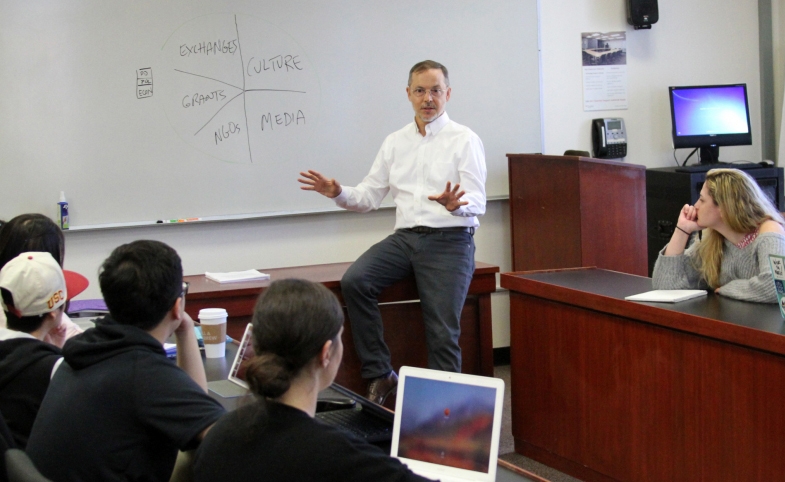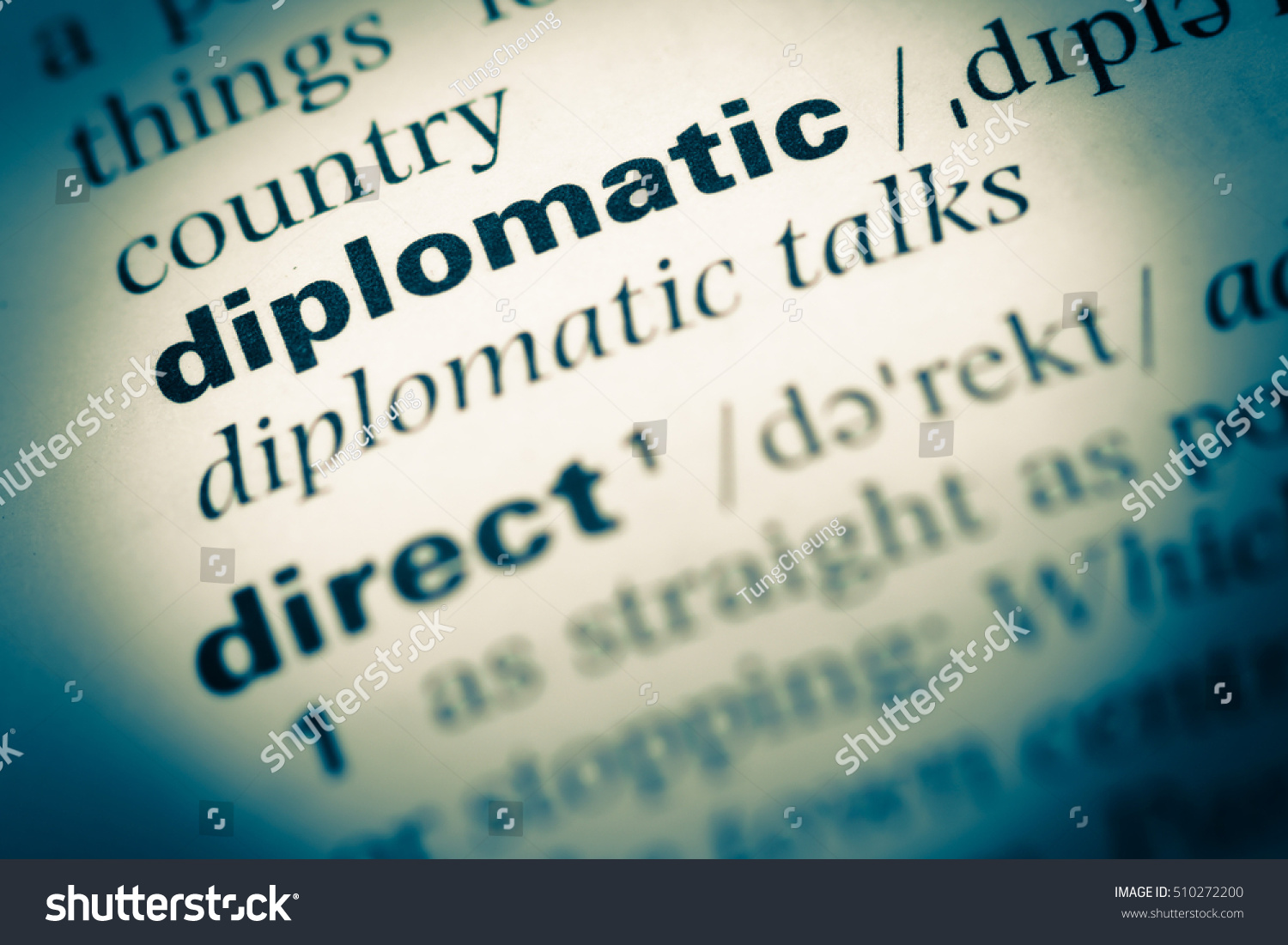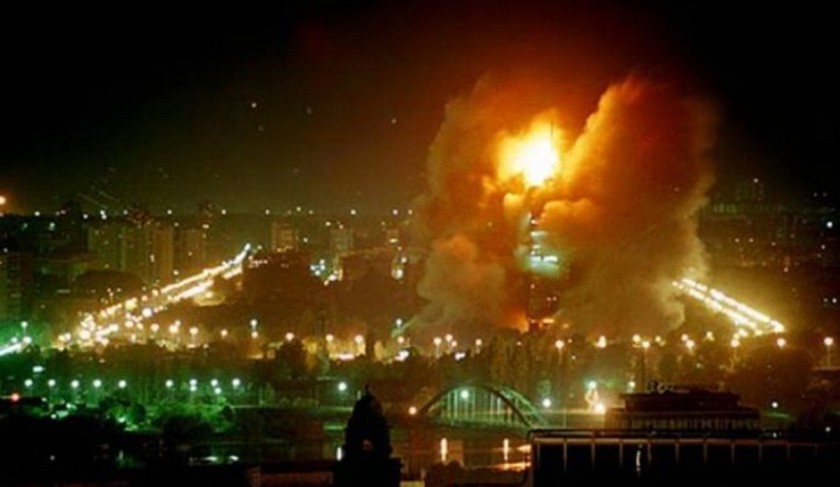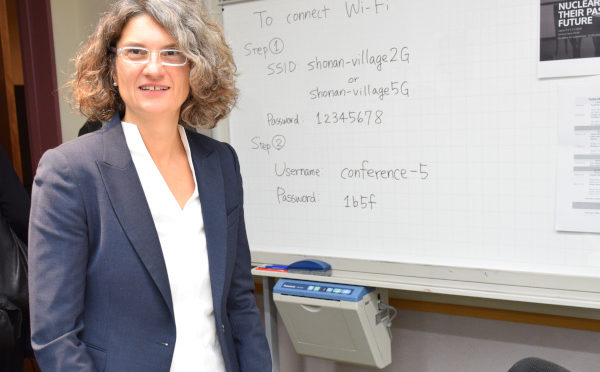Daryl Copeland Guerrilla Diplomacy
Daryl Copeland discusses his book, Guerrilla Diplomacy: Rethinking International Relations, in which he charts the course for a new kind of diplomacy, one in tune with the demands of today's interconnected, technology-driven world.
Are Retired Ambassadors Digital Diplomacy Assets?
The origins of digital diplomacy may be traced back to the search for “cost-effective” diplomacy at the beginning of the 21st century. The end of the Cold War was accompanied by reductions in the funds allocated to public diplomacy activities. The demise of the Soviet Union was supposed to be replaced by a homogenous capitalist world order headed by the United States. There were no more publics that needed to be influenced. Yet the 9/11 terror attacks, and subsequent War on Terror, all demanded a renewed commitment to public diplomacy. This commitment was not necessarily supported by new resources. MFAs thus began to search for cost-effective diplomacy, a quest that led them to the digital world. Through digital technologies MFAs could create virtual global Embassies, converse with global populations and manage their nation’s image without building new facilities or erecting new establishment in the physical world.
More than a decade into the era of digital diplomacy it is evident tha..
Foreign Service Stereotypes
When I was in college, I longed to travel and get paid to do it. So I asked a family friend—a British businessman—for career...
Diplomats versus politicians
Amidst the Trump-Kim Summit and a vomit of commentary on ‘presidential diplomacy’, ‘face-to-face diplomacy’, ‘summit diplomacy’ and even ‘Trumpian diplomacy’, we’ve somehow come to...
Want to Join the Foreign Service? Prepare Now.
Public diplomacy students often ask me if I think now is a good time to join the Foreign Service. The answer is, “Of course.”...
Diplomatic Dictionary
A
Accession
The procedure by which a nation becomes a party to an agreement already in force between other nations.
Accords
International...
NATO’s Intervention Changed Western-Russian Relations Forever
The air war launched 20 year ago against Yugoslavia, in defiance of Kremlin wishes, marked a turning point in Russia’s ties to the West...
20 år efter NATO:s bombningar
den 24 mars 2019, kl. 12.00,
ABF Stockholm, Sveavägen 41, Sandlersalen
Välkomna till föredrag som ger oss en närmare bild av händelserna på Balkan 1999, samt...
Blast from the Past: Public Diplomacy: “Out” for the U.S., “In” Overseas?
By John Brown, Huffington Post, May 25, 2011
[JB 3/9/2019: Today, the State Department does not have an Under Secretary for Public Diplomacy and Public Affairs (as it did in the past) -- not even an "acting one."]
Public diplomacy — defined by the State Department as “engaging, informing, and influencing key international audiences” — has become increasingly passé among American officials, scholars, and NGOs as a term and activity used to define how America should communicate with the outside world. Meanwhile, the governments of other countries — notably China and India — are enthusiastically embracing public diplomacy as a new and essential part of their foreign policy. Who’s the winner in such a situation — the USA or the rest of the world? Hard to say.I. Public Diplomacy: Passé for the U.S.?Public diplomacy was coined by Dean Edmund Gullion and the Fletcher School of Law & Diplomacy in the mid-1960’s. He and his colleagues wanted to find a way to characterize the many informational,..
New era of Science Diplomacy, especially Nuclear Diplomacy
Vasiliki Michopoulou, EuroScientist
uncaptioned image [of Rentetzi?] from article
What nuclear science has to do with diplomacy? In November 2018 twenty historians of science and technology joined for the first time a workshop in Japan in order to answer the question. As modern foreign policy and international relations encompass more and more scientific issues, we are moving towards a new type of diplomacy, known as Science Diplomacy and in our case Nuclear Diplomacy. Will this new diplomacy of the 21st century prove to be more effective than past diplomacy for the big issues facing the world, such as nuclear power and weapons?The workshop in Japan was an initiative of Greek Professor Maria Rentetzi, Director of the Laboratory for History and Philosophy of Science and Technology at the Department of Humanities, Social Sciences and Law of the National Technical University of Athens. Together with her Japanese colleague Kenji Ito, Associate Professor at SOKENDAI University, they are the..







